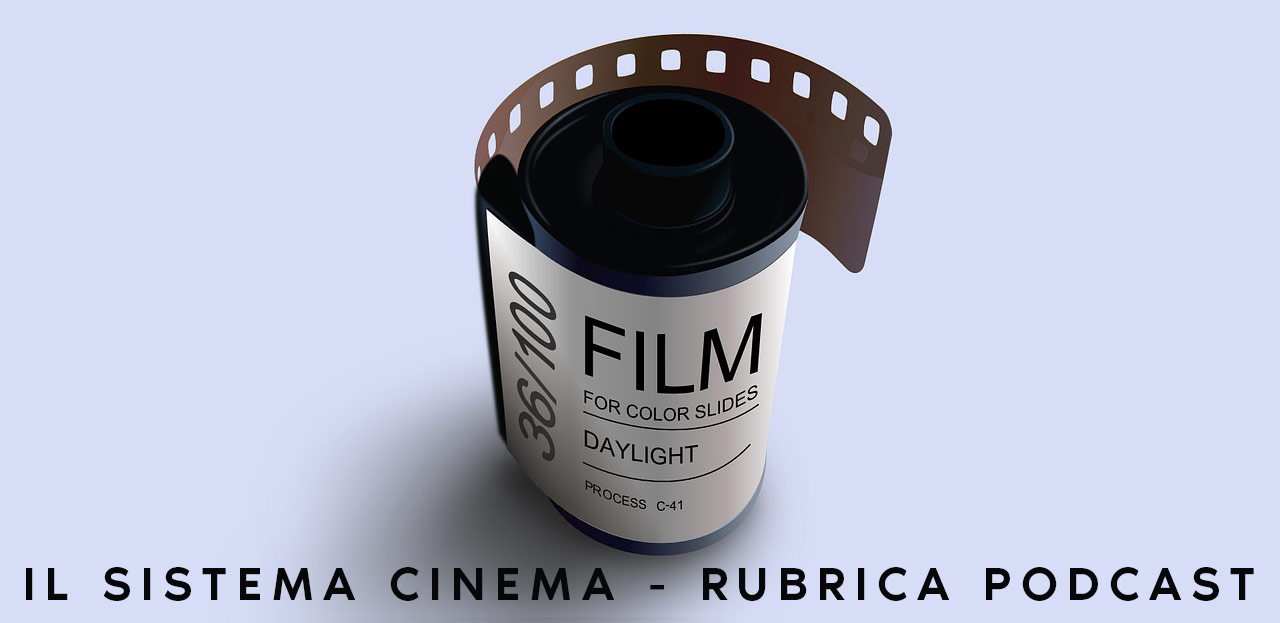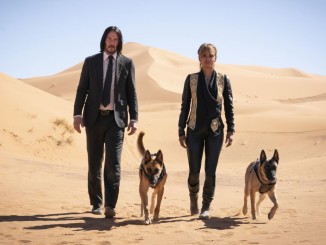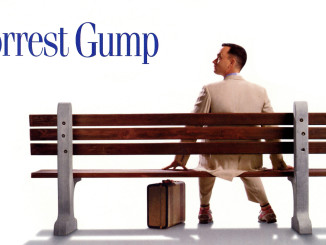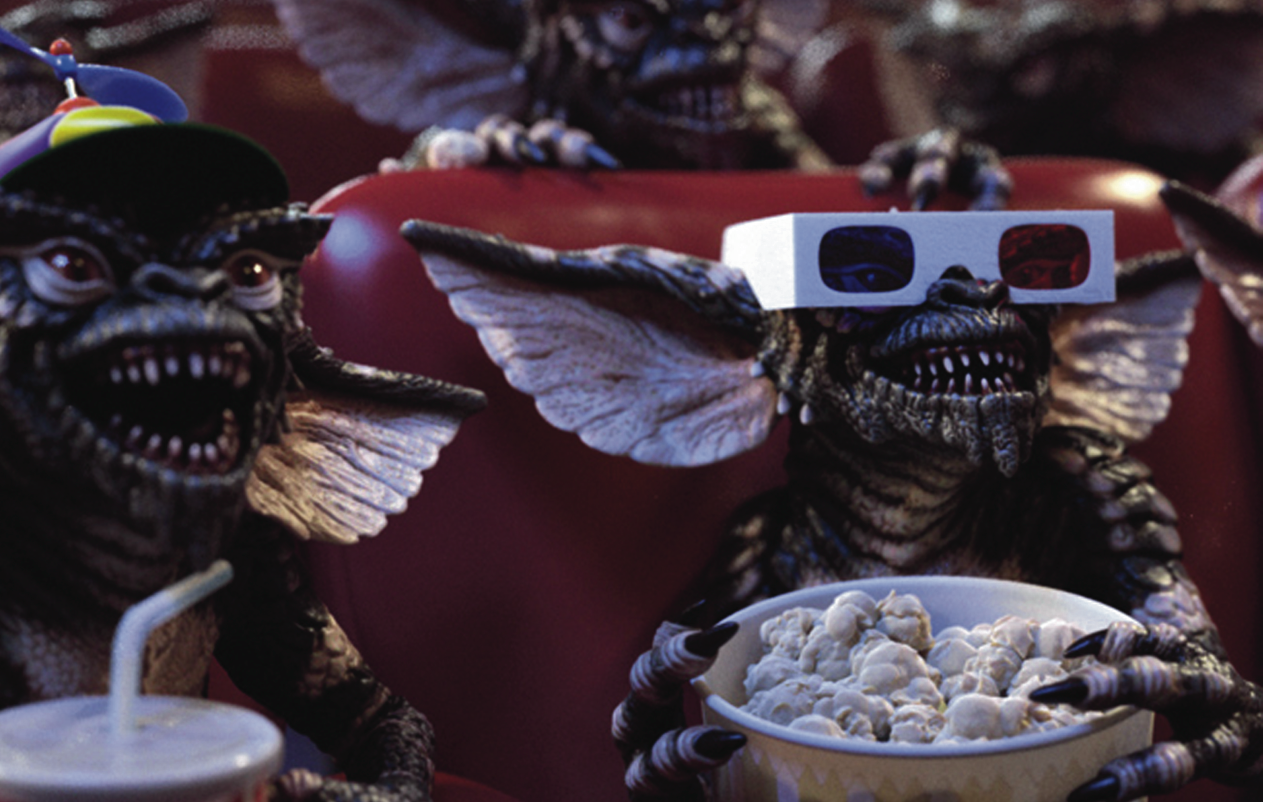
I MOSTRICIATTOLI DI JOE DANTE, STEVEN SPIELBERG E CHRIS COLUMBUS
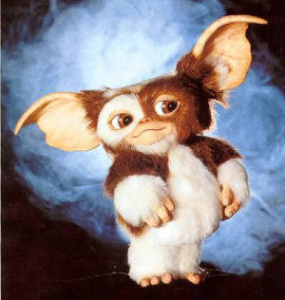 A pochi giorni da Natale, l’inventore Randall Pertzel è in cerca di un regalo per il figlio ventenne Billy. Finalmente, in un piccolo negozio cinese, trova un adorabile e strano animaletto chiamato “mogwai”, ma il proprietario si rifiuta di venderglielo, spiegandogli che comporta delle responsabilità enormi. Il signor Pertzel si è già arreso, quando viene raggiunto dal nipote del proprietario, disposto a concludere l’affare: la sua famiglia ha bisogno di soldi e, tutto sommato, prendersi cura di un mogwai non è troppo difficile, a patto che si rispettino tre semplici regole. Non esporlo alla luce del sole, non farlo entrare in contatto con l’acqua e, mai e poi mai, nutrirlo dopo la mezzanotte.
A pochi giorni da Natale, l’inventore Randall Pertzel è in cerca di un regalo per il figlio ventenne Billy. Finalmente, in un piccolo negozio cinese, trova un adorabile e strano animaletto chiamato “mogwai”, ma il proprietario si rifiuta di venderglielo, spiegandogli che comporta delle responsabilità enormi. Il signor Pertzel si è già arreso, quando viene raggiunto dal nipote del proprietario, disposto a concludere l’affare: la sua famiglia ha bisogno di soldi e, tutto sommato, prendersi cura di un mogwai non è troppo difficile, a patto che si rispettino tre semplici regole. Non esporlo alla luce del sole, non farlo entrare in contatto con l’acqua e, mai e poi mai, nutrirlo dopo la mezzanotte.
Il film diretto da Joe Dante si diverte a illustrare nel dettaglio quali terribili conseguenze si scatenino una volta infrante le tre raccomandazioni, bilanciando sapientemente gli elementi del genere horror e della commedia. Uscito al cinema nel 1984, lo stesso giorno in cui anche i Ghostbusters esordivano sul grande schermo, Gremlins si rivela un successo mondiale e la creazione più proficua del suo regista, incassando ben 150 milioni di dollari.
In realtà i gremlins avevano già rischiato di intraprendere la carriera cinematografica parecchi decenni prima, anche se in maniera del tutto diversa: nel 1943 nascevano infatti dalla fantasia di Roal Dahl, protagonisti del suo primo romanzo per bambini. Il libro avrebbe dovuto essere il trampolino di lancio per un lungometraggio animato prodotto dalla Disney ma, alla fine, il progetto venne abbandonato in fase di produzione.
A scrivere invece la sceneggiatura della pellicola è Chris Columbus, appena agli inizi della carriera. I suoi mostriciattoli sono molto più perfidi e spaventosi di quelli immaginati dallo scrittore inglese e presto attirano l’attenzione di Steven Spielberg, che definisce lo script “uno dei più originali in cui si sia mai imbattuto”. Assunto il ruolo di produttore esecutivo, Spielberg propone infine la regia a Joe Dante, che nel 1981 si era già dimostrato a suo agio con l’horror dirigendo L’ululato.
Tra i due registi inizia una collaborazione affiatata e complementare: Dante esplora tutte le sfumature più macabre della storia, mentre Spielberg prende gli accorgimenti necessari affinchè il film possa rivolgersi ad un pubblico più ampio possibile. Ad esempio, Spielberg convince Dante a tagliare scene troppo violente (in cui i gremlins mangiavano il cane e decapitavano la madre del protagonista), ma Dante riesce a conservare la tragica storia della ragazza di Billy sul Natale, una “leggenda urbana” che esemplifica perfettamente lo spirito del film.
Nel 1990 la coppia torna a lavorare insieme per Gremlins 2 – La nuova stirpe. Più che un sequel però, il secondo capitolo si presenta come una parodia del primo, ricchissimo di citazioni, parodie cinematografiche e richiami al film precedente, senza contare il momento in cui la quarta parete viene letteralmente abbattuta per seminare il panico tra il pubblico in sala. Le sperimentazioni purtroppo non ripagano gli sforzi del regista e Gremlins 2 non riesce a replicare il successo del suo predecessore.
THE LITTLE MONSTERS BY JOE DANTE, STEVEN SPIELBERG AND CHRIS COLUMBUS
Some days before Christmas, the inventor Randall Pertzel is looking for a present for his twenty-year-old son Billy. At last, in a small Chinese shop he finds an little, adorable, strange animal called “Mogwai”, but the owner refuses to sell it, explaining that it would take a huge responsibility. Mr. Pertzel gives up and goes out, but the owner’s grandson reaches him to close the deal: their family needs money and, all things considered, taking care of a Mogwai is not that difficult. All you have to do is follow three very simple rules: keep it away from bright light, never let it get wet with water and never, ever feed it after midnight.
Director Joe Dante takes pleasure from showing in detail the terrible consequences of having two of the three rules broken, striking a balance between horror and comedy. Released in 1984, on the very same day as Ghostbusters, Gremlins turns out to be a world success and the most fortunate creation of its director, with a gross of more than 150 million dollars.
Actually, the gremlins have already been on the edge of pursuing a film career several decades before, although in a completely different way: in fact, in 1943 they were born from Roald Dahl imagination, being protagonists of his first children’s novel. The book was meant to be the first step towards an animated feature produced by Disney, but the project was finally abandoned during the production phase.
The writer of the script is Chris Columbus, just starting his career. His monsters are much more malicious and scary then the ones imagined by the English writer and soon they catch the attention of Steven Spielberg, who defines the script “one of the most original I have ever come across”. As soon as he becomes executive producer to the film, he proposes to Joe Dante- who already has proved himself to be at ease with horror directing The Howling in 1981- to be the director.
A cohesive and complementary collaboration begins between the two directors: Dante explores the most macabre shades of the story, while Spielberg takes the necessary precautions to ensure that the film addresses the widest audience possible. For example, Spielberg persuades Dante to cut some of the most violent scenes (where the gremlins ate the dog and beheaded the mother of the protagonist), but Dante manages to keep the tragic story of Billy’s girlfriend on Christmas, an “urban legend” that perfectly embodies the spirit of the film.
In 1990 the couple are back working together on Gremlins 2 – The New Batch. More than a sequel, though, the second chapter is kind of a parody of the first, full of quotations, film parodies and references to the previous, not counting when the fourth wall is literally demolished to spread the panic among the audience. Unfortunately, experimentations do not pay back the director’s efforts and Gremlins 2 is unable to replicate the success of its predecessor.

